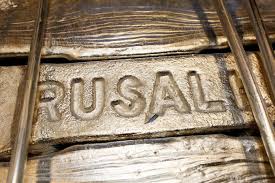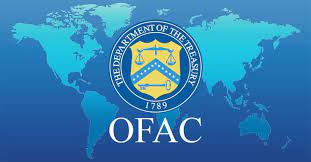Appellate Court Upholds OFAC Designation of Oleg Deripaska, a Major Oligarch

The Office of Foreign Asset Control’s designation of an entity as a Specially Designated National (SDN) is the “kiss of death.” Such designation not only has a direct impact on an SDN’s ability to engage in business but has a ripple effect in the global economy. Many companies not subject to OFAC regulation in the global marketplace may choose to cease or restrict business with an SDN entity or individual.
Consistent with proper due process requirements, OFAC does maintain a process for challenging designation as an SDN and for removal of the SDN designation. It is an exacting process and very few applicants are successful. If denied, an applicant has the right to appeal the decision to a district court judge and so on in the judicial system.

In rejecting Deripaska’s appeal, the Court ruled that Deripaska’s designation was supported by proper evidence. Deripaska argued that he no longer owned two major energy companies. OFAC rejected that claim citing evidence that Deripaska cointinuied to control and operate the two energy companies.
In many situations, Russian oligarchs are known for attempting to disguise their ownership relationships through the use of close family members, shell companies and complex business structures designed to obfuscate the beneficial ownership of oligarch-controlled companies. As a result, trade compliance professionals face significant challenged when unraveling beneficial owners of complex business structures.
Deripaska was originally designated as an SDN in 2018 following Russian annexation of Crimea in 2014.
The Court’s decision rejects a number of challenges to OFAC’s designation. First, the Court denied Deripaska’s claim that the SDN listing was premised on an undefined “undeclared national emergency.” In the Court’s view, OFAC provided extensive justifications for designating Deripaska and was supported by the Executive Order.
The Court also denied Deripaska’s technical claim that OFAC lacked authority to impose the designation because the Executive Order had “expired.”

Finally, the Court denied Deripaska’s argument that OFAC acted improperly by lifting sanctions against two major energy companies after it concluded that the companies were no longer owned by a Russian. Deripaska claimed that he was entitiled to the same treatment since he no longer owned the two energy companies linked to him. While the Court noted that Deripaska may not continue to own the two energy companies, the Court upheld OFAC’s finding that Deripaska continues to “operate” the two companies.
The Court’s distinction between owning and operating an entity subject to OFAC regulation and designation raises interesting issues for analyzing SDN connections to companies. Traditionally, OFAC regulations extend to ownership interests in related companies but OFAC has expanded the reach of sanctions by included control of a related entity. For example, in the Iran Sanctions Program, OFAC extends the reach of sanctions to those entities owned or controlled by U.S. Persons, thereby including situations when prohibited entities and individuals control the operation of another entity.
















1 Response
[…] Source link […]